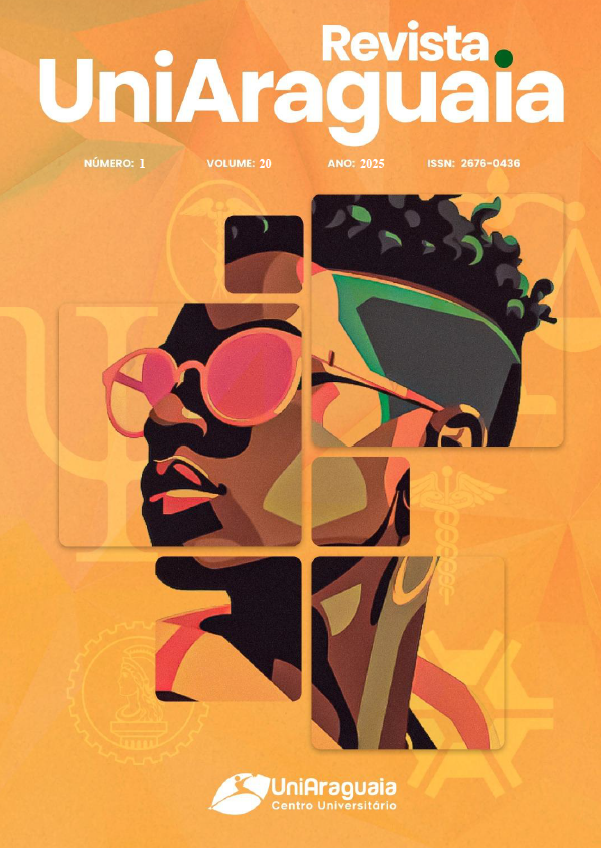ACORDO DE NÃO PERSECUÇÃO PENAL E DIREITO AO SILÊNCIO
A CONFISSÃO COMO REQUISITO DE CELEBRAÇÃO DO ANPP
Abstract
A topic that deserves discussion regarding the non-criminal prosecution agreement is the requirement of confession to the Public Prosecutor's Office for the conclusion of this agreement to violate or not the principle of the right to silence. To answer the research question “does mandatory confession in the ANPP violate the right to silence?”, we start from the hypothesis that there is a violation of the principle, especially due to the unnecessary confession, given the very premise of the agreement. This article proposes to carry out a review, with favorable voices and others not, to respond to the problem, which occurs both in the dogmatic-principiological scope and in the sociological-historical scope. It is discussed in order to consider the divergences between the Brazilian legal tradition and the system of origin of the institute that inspires the ANPP, the American plea bargaining. After carrying out the discussion and comparing authors and bases of different positions, it is concluded that the mandatory confession for the completion of the agreement flagrantly violates the principle of the right to silence, provided for both constitutionally and within the scope of the ACHR, of which Brazil is a signatory.
Downloads
Published
Issue
Section
License

This work is licensed under a Creative Commons Attribution 4.0 International License.
The copyright of the published articles will be transferred to the Uniaaraguaia Magazine, allowing its subsequent reproduction as transcription and with due citation of source. In the event of acceptance and before the publication of the article, the plaintiff (s) shall write a statement formally transferring copyright to the magazine.
The author may also print and distribute copies of his article, provided that he mentions that the rights belong to the Uniaaraguaia Magazine.
Author rights include the right to reproduce in full or partly by any means, distribute this article, including figures and photographs.
By submitting originals to the Uniaaraguaia magazine, the author or authors express agreement with the following terms:
a) Authors maintain copyright and grant Uniaraguaia magazine the right of first publication, with the work simultaneously licensed under the Creative Commons Attribution license that allows the sharing of work with recognition of the authorship and initial publication in this magazine.
b) Authors are authorized to assume additional contracts separately, for non-expiration distribution of the work version published in this magazine (eg publish in institutional repository or as book chapter), with recognition of authorship and initial publication in this journal.
c) Authors are allowed and are encouraged to publish and distribute their work online (eg in institutional repositories or on their personal page) to any point before or during the editorial process, as this can generate productive changes as well as increase the impact and citation of published work.

